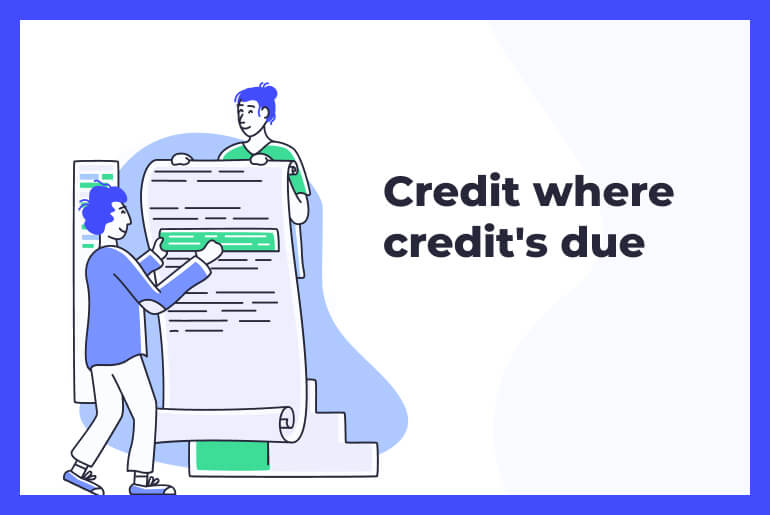Let’s say you’re finishing your dissertation for your four-year course, or you’re always writing long essays for your classes. Maybe you’re submitting an article to a local newspaper or turning over relevant research to a government office.
You’ve spent a lot of sleepless nights swimming in waters of information, and by the time you’re proofreading your work, you want to know whether your words have any similarities to the resources you’ve gathered.
That’s very valid. Plagiarism is the enemy of academics, artists, and scientists across the globe.









